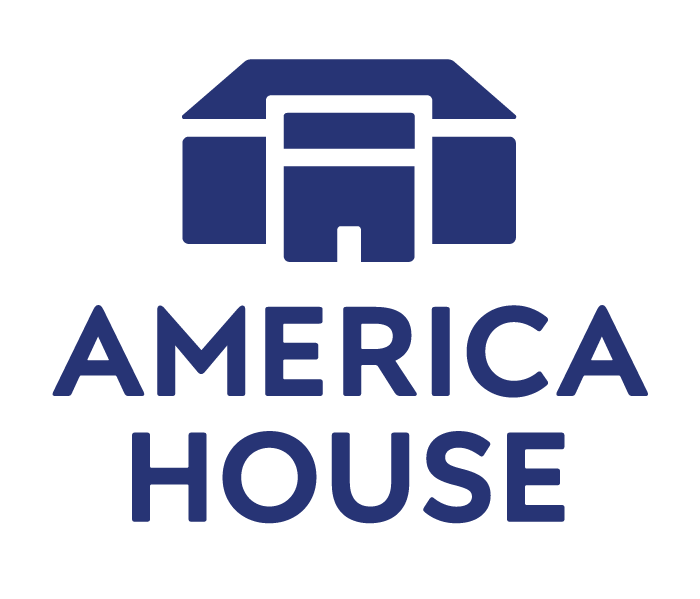Science Fiction vs Reality: What Inspires What
From intergalactic space travel to dystopian, alien-run worlds, people everywhere enjoy science fiction stories in the form of books, movies, and more. We often value the stories we enjoy only for their entertainment, rarely thinking about the real-world events they were inspired by. This calls into question whether reality or fiction comes first, which inspires the creation of the other.
While fiction obviously arises from elements found in the real world, there have been moments in history where ideas from science fiction have planted ideas in the minds of scientists. Here are a few of the most famous examples.
Star Trek
The infamous movie series from the 1960s and the subsequent 2009 film remake tell the story of the starship USS Enterprise’s voyage through the Milky Way galaxy about 200 years from now. The creator of the first mobile phone is rumored to be inspired by a scene from Star Trek, in which Kirk uses a device to communicate for help when Spock gets injured. Star Trek is perhaps the most common example of a show after which many inventions were modeled after.
Photo: geekwire.com
Star Wars
When you think science fiction, you probably think of the Star Wars movie series. Like Star Trek, Star Wars contains many creative new inventions, some of which have spilled over into modern life. Luke Skywalker’s bionic hand carries a striking resemblance to a project worked on by researchers at Georgia Tech University, in which they developed high tech sensors to allow precise finger control. Whether one idea was based off of the other is hard to deduct, but the similarities can certainly be traced!
Check out the video below from National Geographic for even more examples of this!
Fahrenheit 451
Besides providing ideas for future inventions, science fiction also serves to have an impact on today’s world as well. It often comments on our present reality, asking us to critically evaluate the society that we live in today.
Fahrenheit 451, a dystopian novel by author Ray Bradbury which also happens to be one of my favorite books, does just that. Also set in the future, it details a society in which the government attempts to stop all spread of public knowledge, specifically through the burning of books. While the previous examples have inspired the advancement of technology, this book serves to warn us of its dangers.
Find a list of the best science fiction books to read here.
Science fiction isn’t just for entertainment; it’s a highly educational tool! I strongly encourage you to take part in watching a few movies or reading a few books, and seriously think about how those stories connect to our present reality. Maybe you’ll even come up with a new invention!
Vocabulary list:
Dystopia (n.): an imagined society, typically far into the future, that is usually post-apocalyptic, totalitarian, and undesirable in nature
Infamous (adj.): very well known
To spill over (phrasal verb): reach a point at which something (for example, a bad situation) can no longer be controlled or contained
To resemble (v.): to have qualities that that similar or in common
ABOUT THE AUTHOR
Maya Sobchuk is a third-year at Macalester College in Minnesota studying international law and international relations theory. She is from Kyiv, but grew up in Los Angeles, California. She has previously worked for the Kyiv Post, is the Web Editor for her college newspaper, and is involved with Ukrainian-American causes in Minnesota. Maya is particularly interested in the post-colonial space, multilateral diplomacy, and disinformation.







